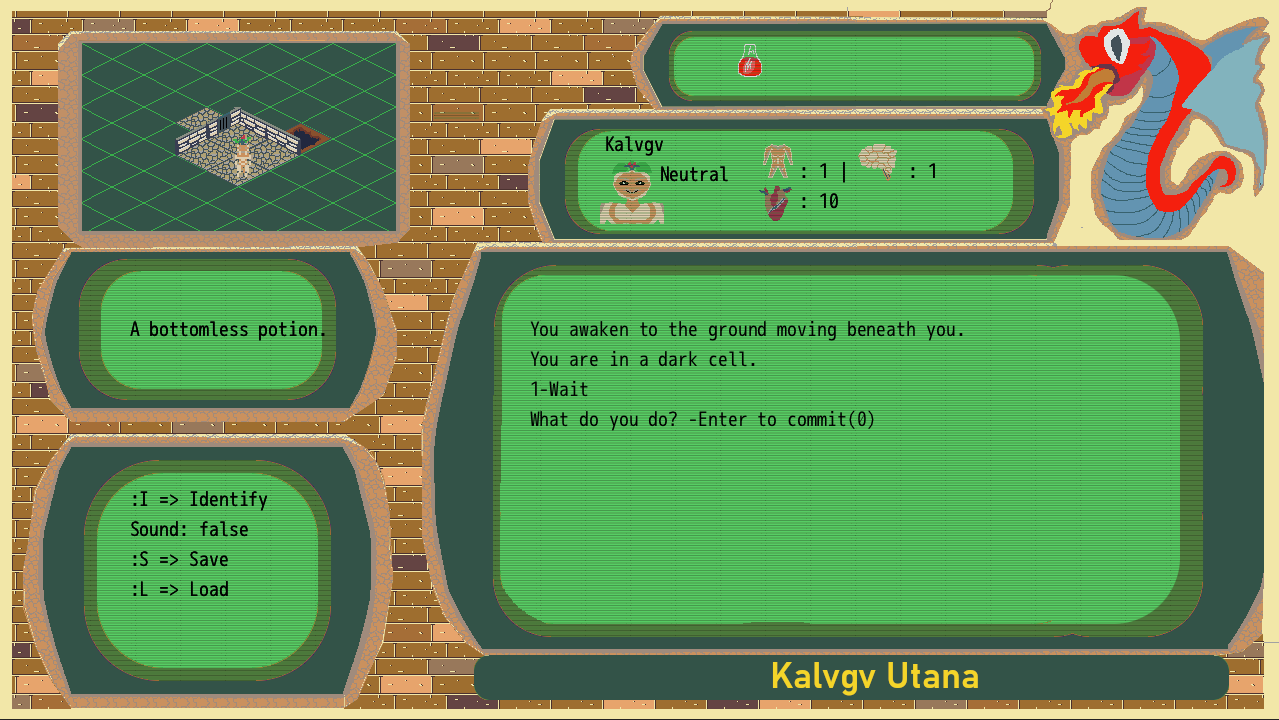Welp, normally, a game balances around combat as a reward, and pacifism as a devicive path to death, but in my mostly unpopular games, it's not really a matter of either.
They weren't unpopular for the mechanics, but the lack of completion, or... a lack of cohesive game code (as in the codes became too complex to maintain.
Now, what I like to do, is make it so, not fighting, has a reward, and fighting does too. The issue with a situation of complexity known as, e -> r is that effort is expected to be a roouge, or a brute head on devicive means to domination. This breads, as my friend acknowledges in his well writ chatter bot (secrets ) is that it leads to something that will inevitably outwit you, either in software evolution, or as we acknolwedge on earth.
) is that it leads to something that will inevitably outwit you, either in software evolution, or as we acknolwedge on earth.
Sorry, too philosophical.
The point is, imagine a game, where everything relies, on the existence, of something else, and the player, is not the polar coordinate to the universe.
That's essentially the game I'm reviving, in two separtate apps, one's a jargon algorithm playground, and the other, the actual game. I like having a library of knowledge separate from one project, i"m well known for experimenting in odd avenues of gaming tech.
It is an escape still, in my opinion, to not need an e -> r system involving strictly one play style. if you would, I would acknowledge a game of mine, that is exactly built on this premise.

please do not mind the cherokee.
this is an older developer studio of mine, I've since closed, in starting Indiana GRD.
anyways, I am curious to see any other games that have similar e -> r systems.
I do accept the game listed is incomplete, do to a coding maintence issue known as , n +32, for every line of code, 32 rewrites/more must be added.
They weren't unpopular for the mechanics, but the lack of completion, or... a lack of cohesive game code (as in the codes became too complex to maintain.
Now, what I like to do, is make it so, not fighting, has a reward, and fighting does too. The issue with a situation of complexity known as, e -> r is that effort is expected to be a roouge, or a brute head on devicive means to domination. This breads, as my friend acknowledges in his well writ chatter bot (secrets
Sorry, too philosophical.
The point is, imagine a game, where everything relies, on the existence, of something else, and the player, is not the polar coordinate to the universe.
That's essentially the game I'm reviving, in two separtate apps, one's a jargon algorithm playground, and the other, the actual game. I like having a library of knowledge separate from one project, i"m well known for experimenting in odd avenues of gaming tech.
It is an escape still, in my opinion, to not need an e -> r system involving strictly one play style. if you would, I would acknowledge a game of mine, that is exactly built on this premise.

please do not mind the cherokee.
this is an older developer studio of mine, I've since closed, in starting Indiana GRD.
anyways, I am curious to see any other games that have similar e -> r systems.
I do accept the game listed is incomplete, do to a coding maintence issue known as , n +32, for every line of code, 32 rewrites/more must be added.

